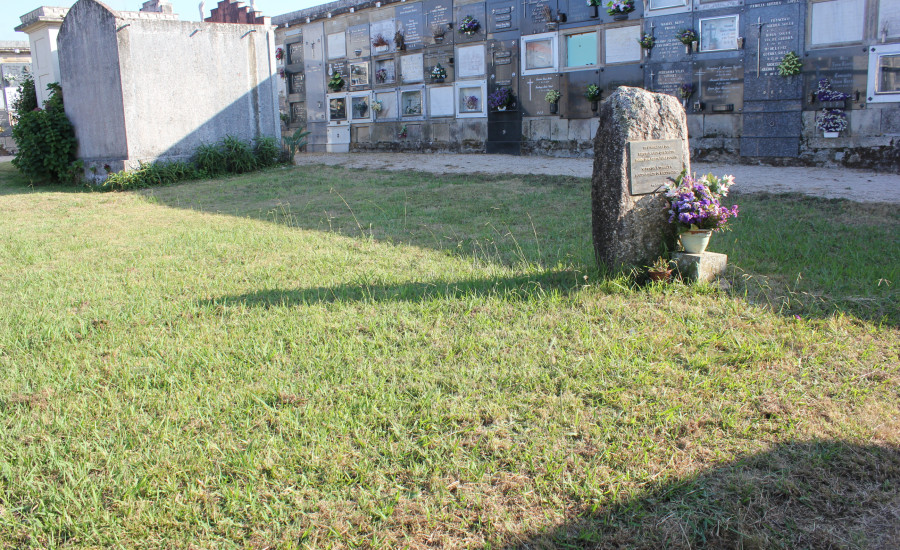HISTAGRA launches the Quadrennial Democratic Memory Plan in Galicia

HISTAGRA launches the Quadrennial Democratic Memory Plan in Galicia 2021
Last August, the Xunta de Galicia, through the First Vice Presidency and the Ministry of the Presidency, Justice and Tourism, and the Ministry of Culture, Education and University and the University of Santiago de Compostela, signed a collaboration agreement to put The Quadrennial Democratic Memory .
Plan is underway in Galicia, following the impulse of the State Secretariat for Democratic Memory. HISTAGRA, with the experience acquired since 2006 when it launched the nomesevoces.net project, will carry out an in-depth investigation and update of the map of Galician graves, to carry out in the coming years a greater number of exhumations of the burials of assassinated by Franco's violence.
The Histagra Group carried out the research project "Names and Voices", which was born under the protection of the works that were carried out around the Year of Memory in 2006 and which was in operation until 2012, promoted by the Xunta de Galicia. In this project, Franco's violence during the Civil War and the dictatorship was studied, and the society was offered data relative to the people who suffered some kind of persecution because of their ideology or their position in favor of republican democracy. This task was approached from the perspective of historical research, as part of the interest of specialists in the subject of the Civil War and repression.
This four-year Plan integrates three fundamental strategic lines of the public policies of Democratic Memory that are intended to be developed throughout the period (2021-2024), although its objectives are reviewable on an annual basis. These strategic lines are:
-Location, exhumation of the graves and identification of victims.
- Disclosure of work carried out and results achieved.
- Dignification of burial sites and promotion of places of memory
On behalf of the USC, through the Histagra Group, the Professor of Contemporary History Lourenzo Fernández Prieto and the Doctor in History and Professor Antonio Miguez Macho, coordinate a research team that will develop the work in three phases, defined by the following actions:
- Updating of data on graves, documentation and location.
- Preliminary investigations and final report: documentation, knowledge, interviews, archives and archaeological intervention.
- Forensic investigation of IMELGA human remains.
- Genetic analysis by the Genomic Medicine Group of the USC
The tasks to be carried out in 2021 will be the following:
- Carrying out the exhumation and identification, if possible, of the graves in the Crecente Town Hall, Pontevedra province.
- Carrying out the exhumation and identification, if possible, of the Vilagarcía de Arousa grave.
- Research work and analysis of remains in the City Council of Aranga, province of A Coruña.
- Dignification of places through the implementation of a protocol
The team that will develop the work is made up of:
The Professor of Contemporary History at USC, Lourenzo Fernández Prieto, who is the academic and scientific coordinator of the agreement
The archaeologist and professor at the USC José Carlos Sánchez Pardo
IMELGA Forensic Doctor, Fernando Serrulla Rech
The Professor of Legal Medicine, researcher and international expert in genetics at USC, Ángel Carracedo Álvarez
Once again, the help and presence of the civil society of Galicia -for Vilagarcía de Arousa in collaboration with O Faiado da Memoria- , through the associations of democratic memory, local researchers and relatives of asasindos / las, becomes a fundamental pillar of the investigation, in the same way that it was for the good march nomesevoces.net.
Contact with social agents is essential, and we appeal to all / those who wish to exhume or investigate graves related to Franco's violence, as well as provide data related to them.
Contact:
histagra@usc.es
881812734